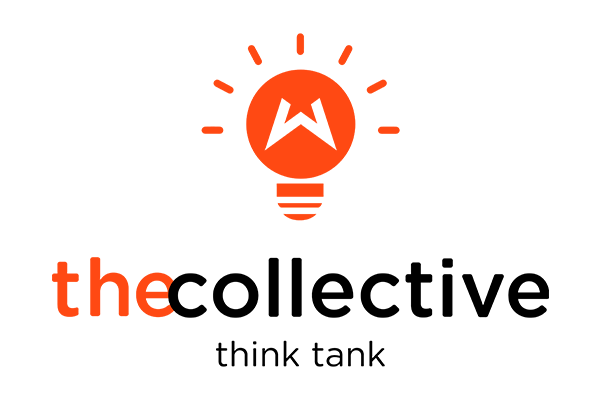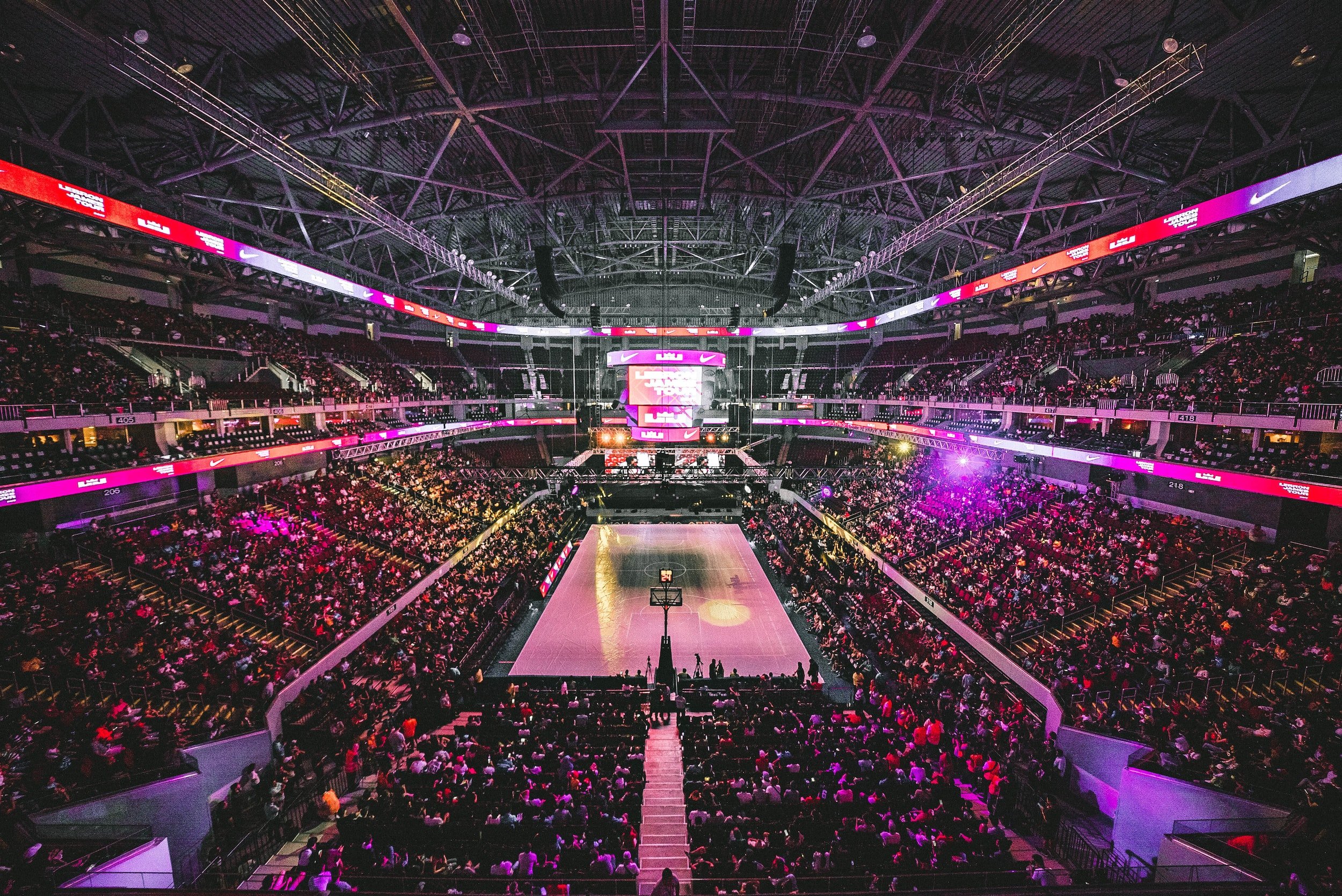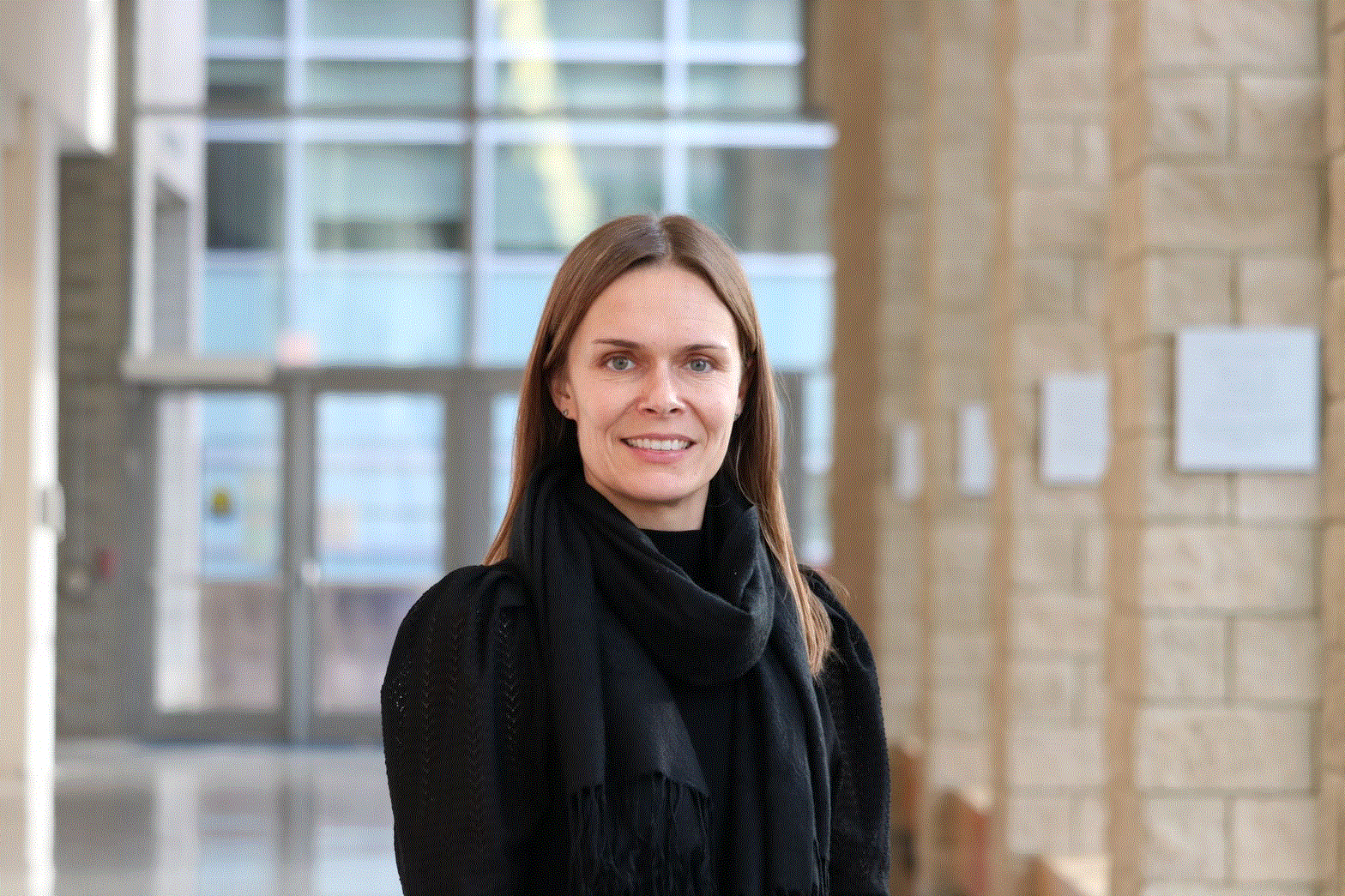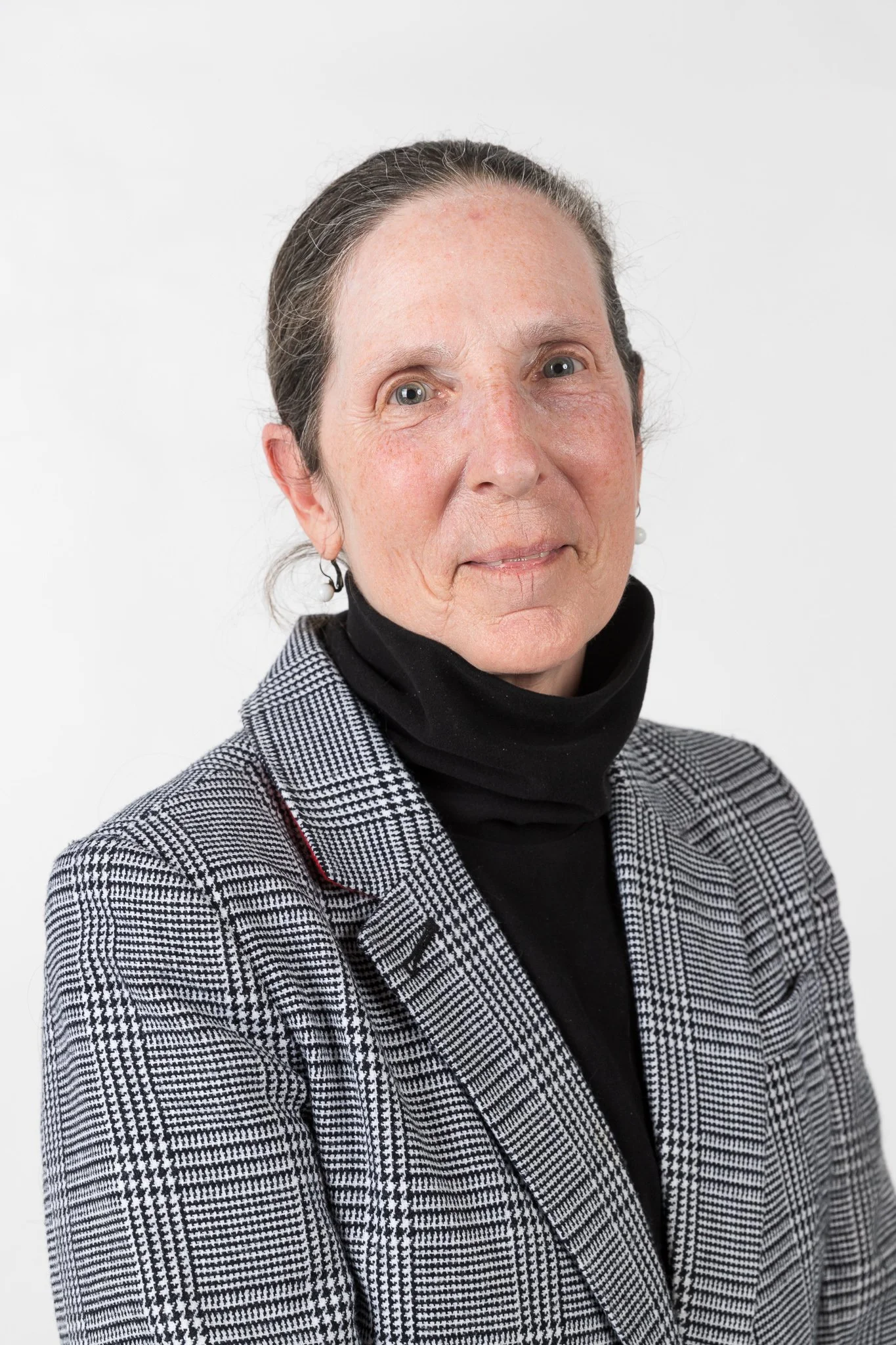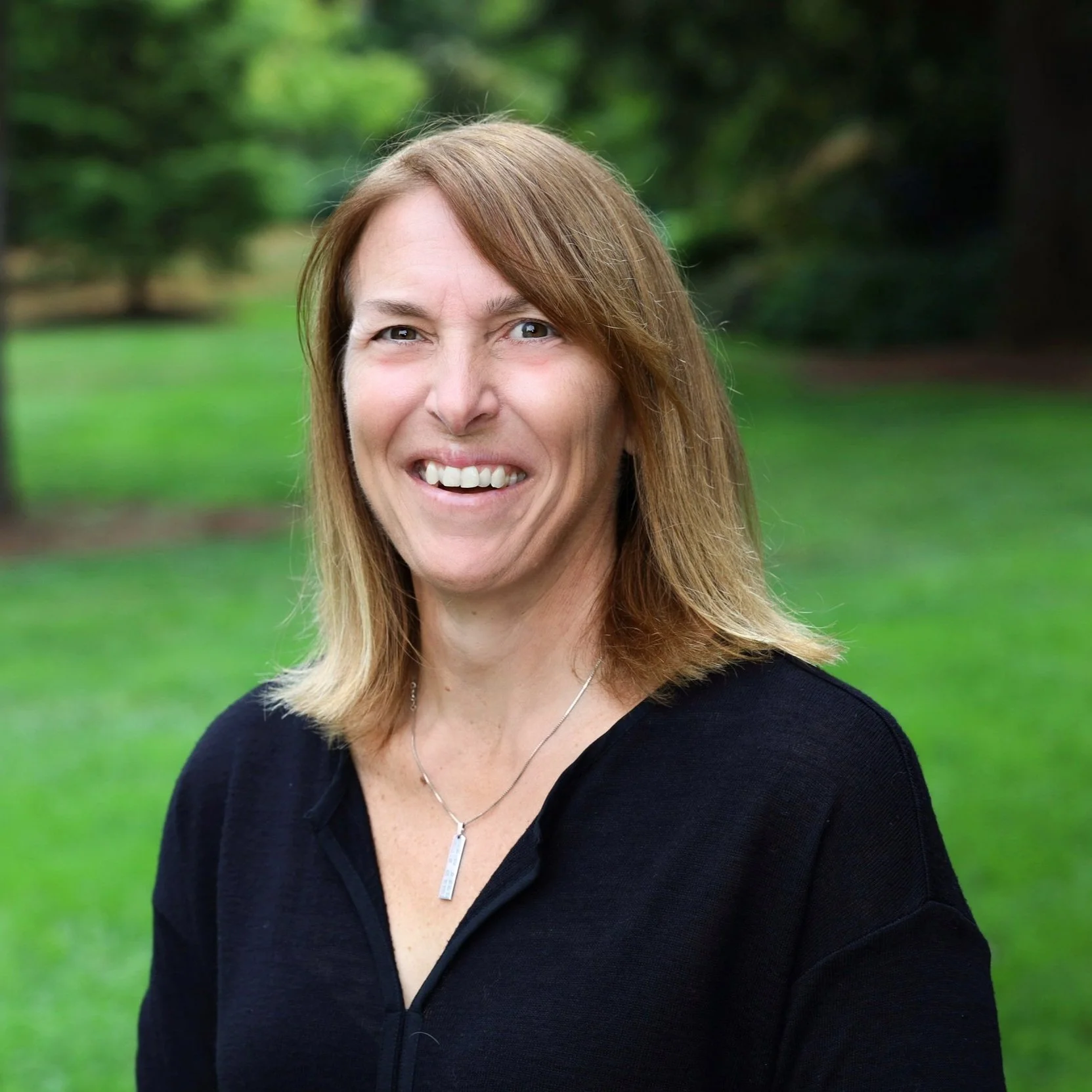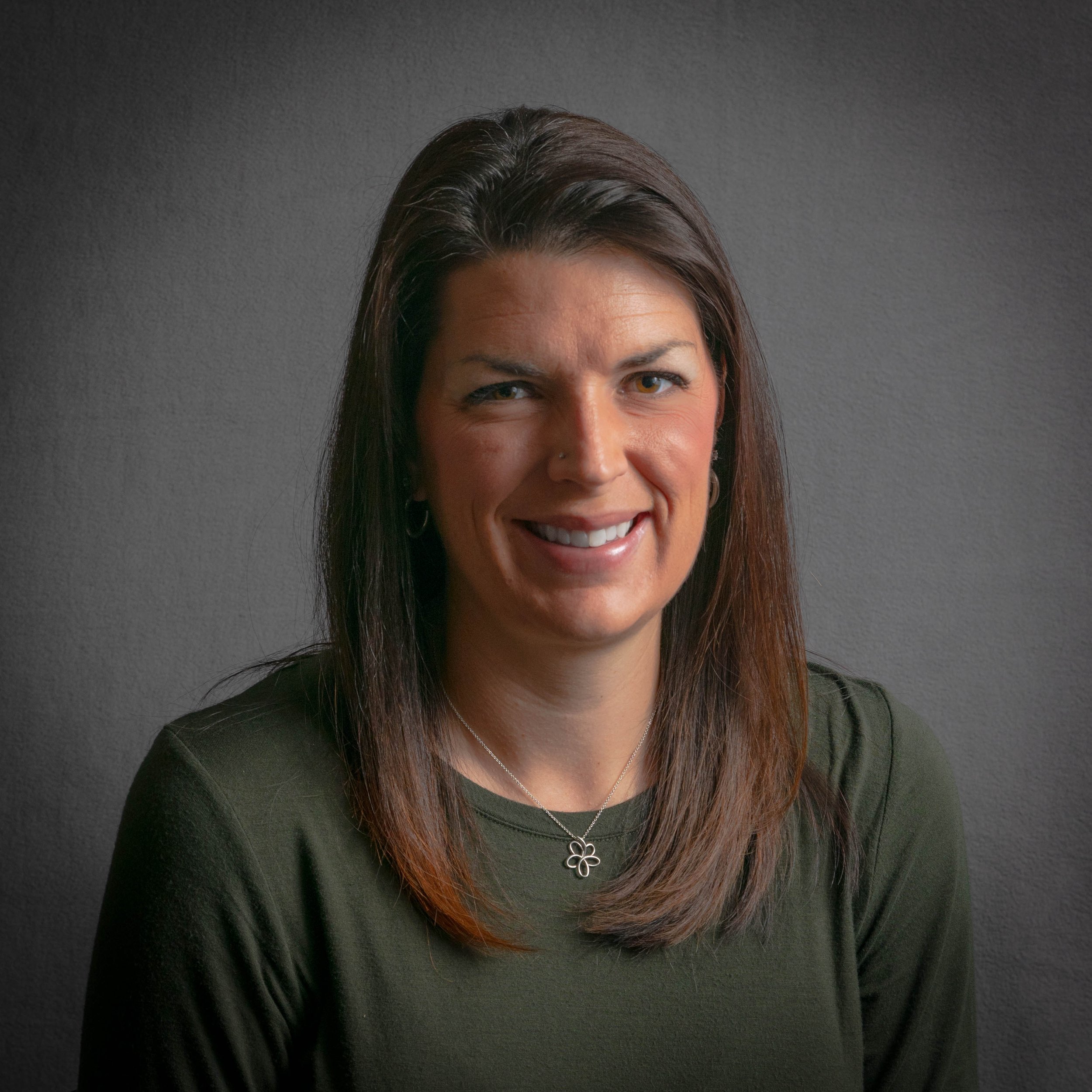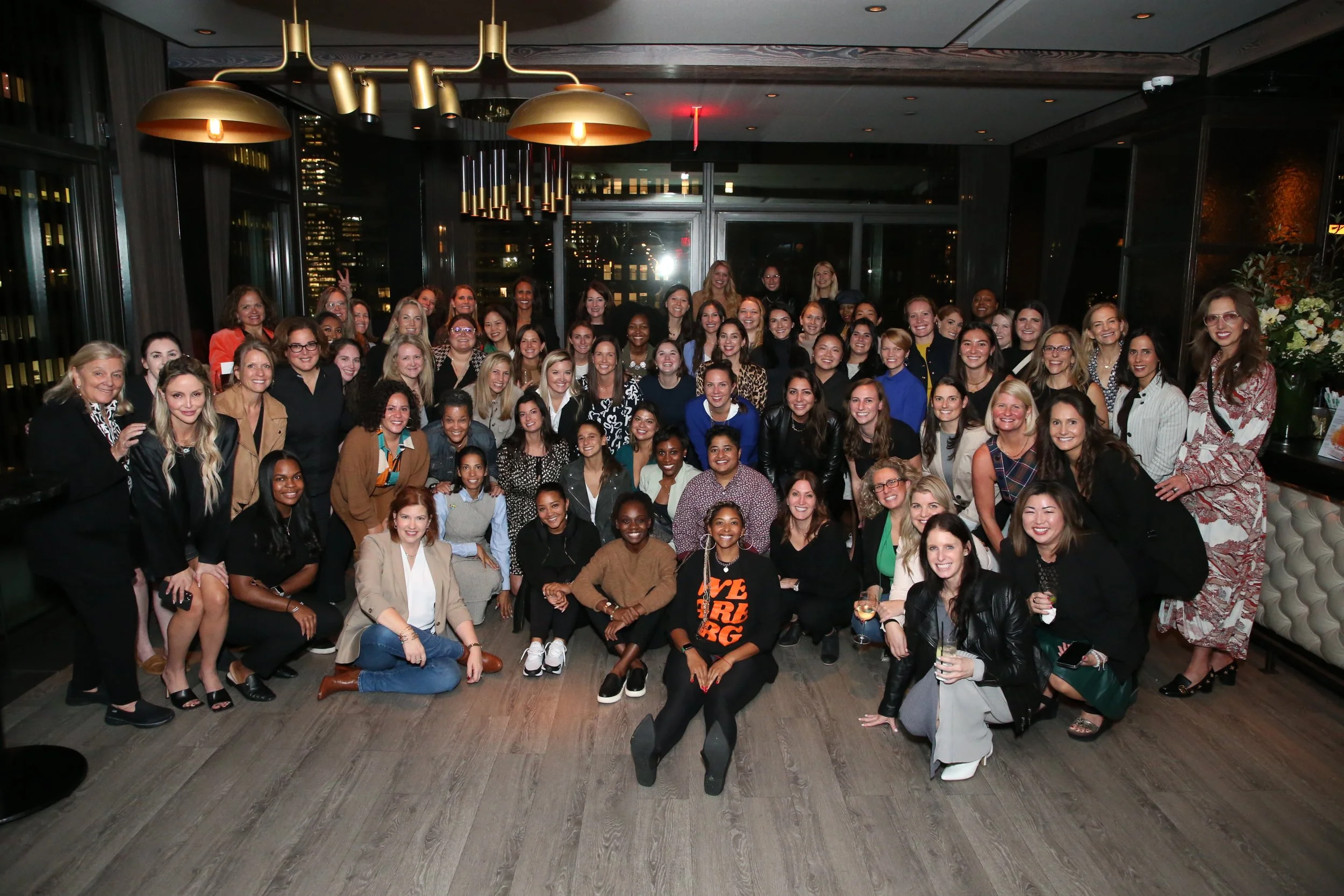
"Don't think about making women fit the world — think about making the world fit women.” - Gloria Steinem
The Collective® Community
-
Industry Executives
What started more than 10 years ago at an annual conference as a dinner for a handful of women executives in the sports industry, has grown to a network of over 1,000 active sport and music women executives. Connected by virtual and in-person events, this group continues to support each other and push the industry towards more equitable practices.
-
Employees
Offered as an additional resource for Wasserman’s Global employees, The Collective works hand in hand with the company’s Diversity, Equity and Inclusion council to facilitate events featuring programming curated for women, but open to all.
-
The Collective Next Gen
The Collective® Next Gen is a network of undergraduate and graduate level students interested in coming together to broaden their network, learn from each other and connect. These women get to tackle big questions, build career-long relationships and connect with top industry professionals as well as peer-to-peer mentorship.
With a reported less than 1% of all sponsorship dollars and less than 4% of all media coverage going towards women’s sports, The Collective Think Tank was founded to encourage and empower a global consortium of thought leaders to work with industry partners to drive measurable change.
Made up of more than 20 colleges and universities globally, The Collective® Think Tank conducts research and shares insights into issues surrounding gender parity and diversity. The first-of-its-kind initiative brings together researchers at academic institutions and sports organizations to gather and disseminate insights and information to promote more opportunity for women to succeed in sports. The group publishes white papers and thought leadership content across various topics to raise awareness of issues among fans, consumers and participants. Think Tank professors bring layers of expertise that Intersect diversity, gender equity, sports, and culture.
-
A multi university in-depth survey that asked hundreds of early professionals and students about their experiences entering into the sports business industry. Seeking to understand how to better serve underrepresented individuals and communities in the industry, we set out to articulate where mistreatment and inaccessible resources play a role with the hopes of providing tangible solutions to our next generation of sport leaders.
-
In partnership with the Impulse Network out of St. Gallen University in Switzerland, The Collective Think Tank carried out proprietary research to uncover the drivers for the unprecedented growth that women’s football is seeing in Europe. A custom survey was done across seven European markets to identify the latest trends and key findings.
-
A custom, US-wide survey distributed to an 18-40 age group of 300 participants. This was followed by interviews to further understand their consumption, behavior and preferences regarding women’s soccer as well as to identify the differentiators between Olympic, USWNT and NWSL fandom. This study was done with Suffolk University and The North Carolina Courage.
-
In two different papers in partnership with Ryerson University, we set out to understand why, if there was an uptick in viewership, sponsorship and attendance surrounding women’s sports, there was a historic dearth of merchandise and apparel. Studying scholarly journals, industry reports and other publications, a group put together a qualitative rationale for how retailers can future-proof the rise of women’s sports and the changing fan base (Gen Z).
Industry Projects
Through conversation with professors, it became clear that there is a disconnect between industry and academia. The thought leadership from the professors helps to share the research they have done across their tenure, however, we are also able to provide real world research opportunities to students by applying their learnings with current industry needs.
Thought Leadership
Our research and insights projects have allowed us to publish or co-publish several papers that have generated press, changed policies and positioned The Collective and Wasserman at the forefront of change, alongside our amazing academic partners. Leveraging resources unique to Wasserman and The Collective, we strive to showcase the work of these professors on industry platforms in an effort to bridge the gap between industry and academia.
-
NANCY LOUGH | 11.2.2020
Even after record-setting successes in 2019, speculation on the future of women’s sport has continued. Presumably, concern for the future of women’s sport is based on the challenges surrounding the 2020 pandemic.
Yet, the business case for women’s sport has been questioned for decades.
It’s time to wake up.
Perhaps the comparison to established mainstream men’s sport with years of tradition, marketing and media contributes to the doubt, or perhaps the mindset of the economic value offered by women’s sport has not been adequately communicated.
-
NEFERTITI WALKER | 11.4.20
WNBA players have wrapped up this season, but their grind off the court continues.
As Nneka Ogwumike describes, “The reason why you see us engaging and leading the charge when it comes to social advocacy is because it is in our DNA.” Throughout the WNBA’s existence, sexism and racism have colluded in the erasure of women, particularly Black women, as leaders of the social justice movement in sport, despite the players' early, provocative and public campaigns against racism.
It is high time we give them their flowers, and in the words of Aeriel Powers, “put some respect” on their names.
-
RISA F. ISARD AND DR. E. NICOLE MELTON | 5.24.21
he WNBA’s 25th season tipped off this month. The league says to “Count It” — so we did.
A’ja Wilson, the 2020 WNBA MVP who is Black, received half as much media coverage last season as Sabrina Ionescu, the first pick in the 2020 WNBA draft who played in just three games before a season-ending injury and who is white.
This is not an isolated occurrence. We counted every time each active WNBA player’s name was mentioned in more than 550 articles that ESPN, CBS Sports, and Sports Illustrated posted online over the course of the 2020 season. We controlled for points and rebounds and found that across the league, Black WNBA players received significantly less coverage — seemingly because they’re Black. The box score: An average 52 media mentions for Black players, compared to 118 for white players.
-
MUJDE YUKSEL | 7.29.22
The gender gap in physical activity is something researchers have studied for years. Women are often less likely to be physically active due to gender roles and responsibilities that command how they spend their free time (1).
During the COVID-19 pandemic, that gender gap in physical activity only intensified (2, 3).
As the pandemic wore on and digital fitness options became more readily available, both men and women began to participate more in physical activities. Yet, the rate at which women participate in these activities still lags far behind that of men (3).
According to a recent poll, more than half of women (55%) reported that the COVID-19 pandemic negatively affected their mental health, compared with about 4 in 10 men (38%) (4).
The Collective® Think Tank Professors

